Israel, Hamas and British Broadcasting Corporation
- Update Time : Thursday, October 12, 2023

As the conflict between Israel and Hamas unfolded, concerns arose about the British Broadcasting Corporation (BBC)’s coverage of the events. A BBC reporter’s language and the handling of graphic images raised questions about the broadcaster’s objectivity.
In one instance, a BBC reporter referred to “Palestinian groups” and “Palestinian militants” rather than using the term “Hamas terrorists”. This choice of words prompted questions about whether the BBC had banned the use of the term “terrorists” to describe Hamas and whether any BBC reporters or presenters had challenged this decision.
The BBC’s approach to graphic images also came under scrutiny. The broadcaster decided not to show certain images of Israeli hostages and bodies, deeming them “distressing”. This censorship raised eyebrows since the images were already circulating on social media and some Sunday newspapers’ front pages. Critics argued that by withholding such images, the BBC was sanitizing the brutality of Hamas, which had kidnapped individuals, including children, and engaged in violent acts.
While the BBC reported on the suffering of Palestinian civilians in Gaza, it was noted that the broadcaster did not address the billions of pounds in relief aid provided to Gaza by the UN and EU. Questions were raised about where this substantial sum had gone, as it seemed to have mysteriously disappeared, potentially funding arms, tunnels, and the pockets of Hamas leaders.
Another issue highlighted was the lack of clarification when Palestinian Authority representatives spoke about the suffering of Palestinian civilians without mentioning Hamas, Hezbollah, Islamic Jihad, or Iran’s involvement. The failure to make this distinction was viewed as a significant omission, as these groups play a central role in the conflict.
The choice of guests on BBC News programs also came into question. Critics pointed out that while the BBC interviewed senior Palestinian and Israeli representatives, the reporters often lacked the expertise to scrutinize their statements effectively. This led to a lack of clarity in distinguishing between Palestinian civilians and Hamas terrorists.
In addition, eyewitness interviews, while emotionally charged, sometimes lacked balance. For example, a Palestinian interviewed by the BBC reported over 150 people killed in his building without asking why it had been targeted. Similarly, representatives from organizations like UNRWA and Oxfam were treated as impartial witnesses, though questions remained about their role in monitoring aid distribution in Gaza.
The BBC’s coverage was criticized for not seeking Palestinian perspectives on the Hamas attacks on Israeli civilians or addressing the history of Arab violence before World War II or Arab states’ invasions of Israel after its establishment. Instead, the focus remained on Palestinian oppression and injustice.
Concerns about the BBC’s coverage of the Israel-Hamas conflict revolved around language choice, image censorship, omission of critical questions, guest selection, and a lack of context. Critics argued that the broadcaster failed to make the essential distinction between Hamas, deemed a death cult, and Palestinian civilians who, like their Israeli counterparts, would suffer the consequences of the conflict.


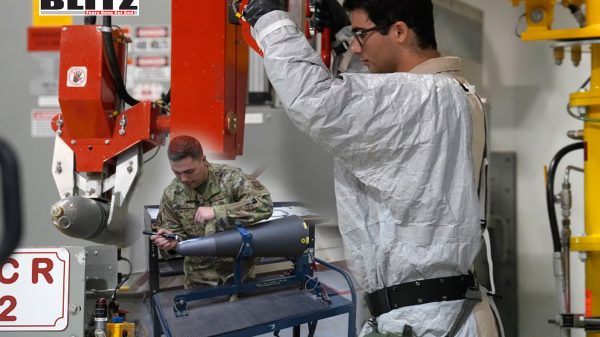
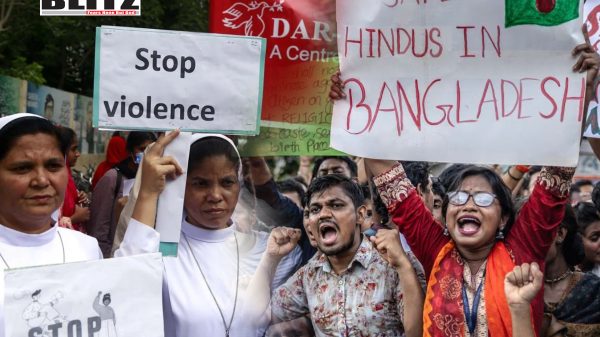
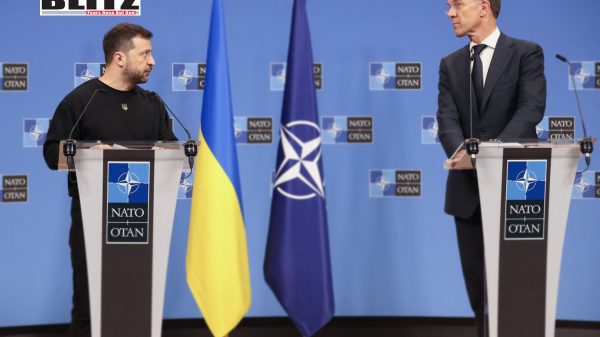
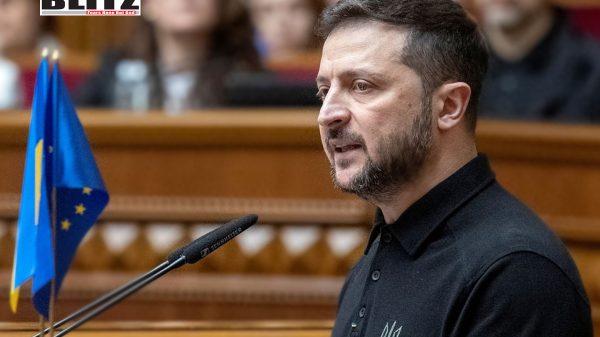
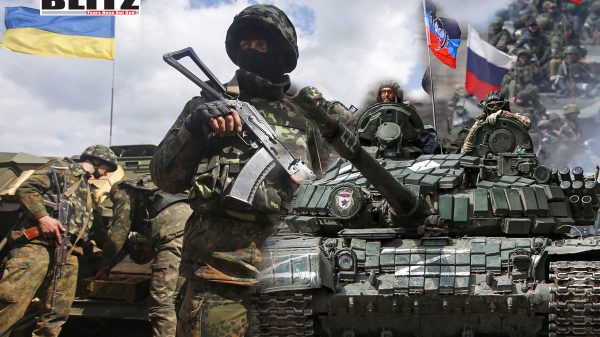
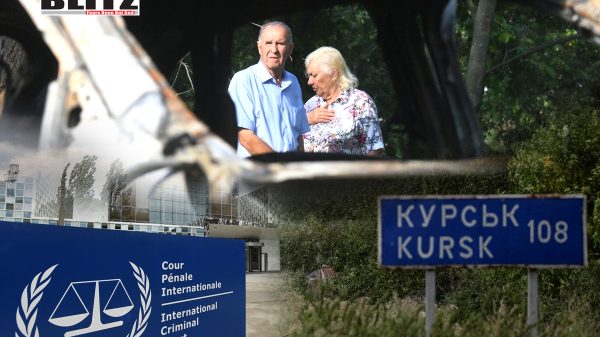











Leave a Reply